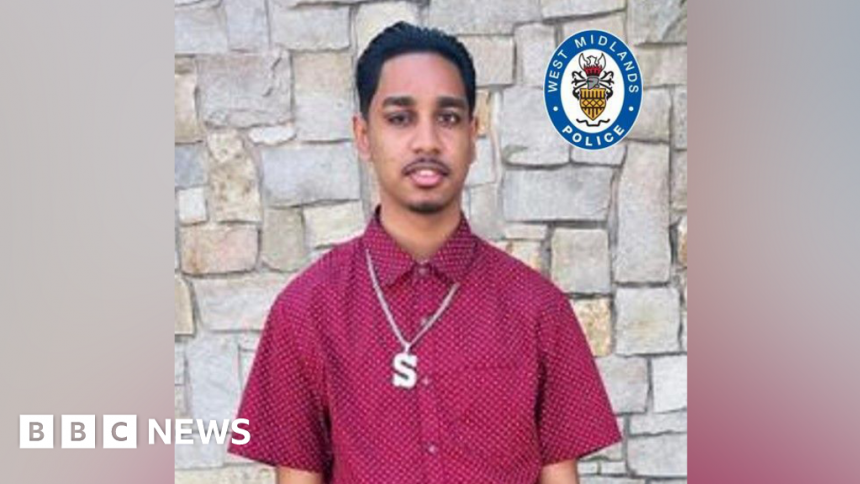It is what it is – boys, 12, Snapchat after murder
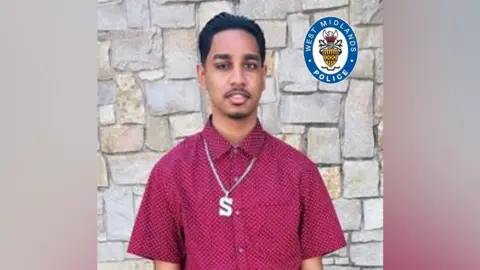 Family
FamilyIt’s the morning after the death of 19-year-old Shawn Seesahai in Wolverhampton.
Two 12-year-olds and some friends are talking on Snapchat after a video of the police cordon around the murder scene is shared in a group chat. The conversation makes for difficult reading.
“Someone got stabbed, everyone talking abt (sic) it, literally everyone, everyone knows.”
One of the pair responds with a voice note.
“It is what it is,” he says, before they share a final exchange.
“I’m scared man.”
“I’m not.”
“IDRC” – which means “I don’t really care”.
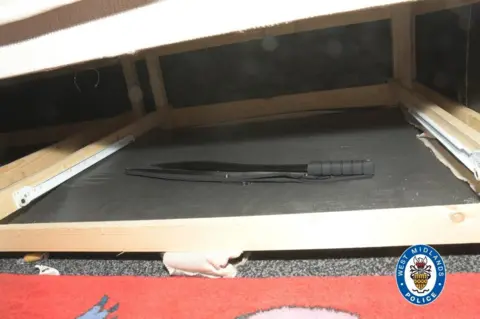 West Midlands Police
West Midlands PoliceThe boys blamed each other, but a jury agreed both had been responsible for Shawn Seesahai’s death, even if only one had struck the fatal blows with the machete in the park in November.
They become the youngest murderers convicted since Jon Venables and Robert Thompson were detained for killing James Bulger, more than 30 years ago.
Dressed smartly in court, the pair looked like typical 12-year-olds. But one seems to have had a fascination with knives.
The internet search history of the boy who owned the machete showed he spent a lot of time searching for similar weapons.
He had posed for a photo with the murder weapon and boasted about it to two girls who had been with the pair in the park that day.
One of the girls told police it was not unusual for him to carry the machete and the two boys would pass it between them.
On the day of the encounter with Shawn, one of them pulled the machete out of his trousers before saying to him, “keep stepping”. Moments later the vicious attack began.
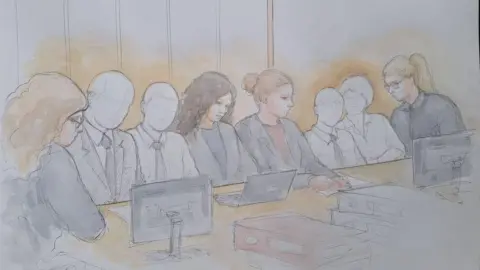 Helen Tipper
Helen TipperAlthough it is rare for anyone this age to be tried for such a serious offence, the West Midlands has the highest rate of knife crime in the country.
There have been warnings from youth workers that more very young children are carrying bladed weapons, and that getting hold of them has become too easy.
The officer in charge of the investigation, Det Insp Damian Forrest, described the case as “exceptional”.
“It’s not the first case I’ve investigated involving a young man losing his life to knife crime, but it’s the first time I’ve looked at two 12-year-olds being responsible, and that’s something that took me by surprise and will stay with me,” he said.
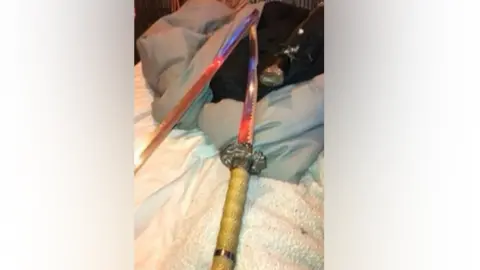 West Midlands Police
West Midlands PoliceSpecial arrangements had to be made at the trial because of the defendants’ ages.
The boys sat in the main well of the court instead of the dock. Alongside them were family members and specially trained staff to help them understand proceedings.
The trial took place in one of the smaller courts in Nottingham to create a less intimidatory atmosphere. None of the legal staff wore wigs or gowns and instead dressed in business suits. The court sessions were reduced to roughly 40 minutes and longer breaks were taken than there would normally be in an adult trial.
The court day finished earlier at 15:30 so the boys would not become too tired, and they were offered fidget toys to aid with concentration.
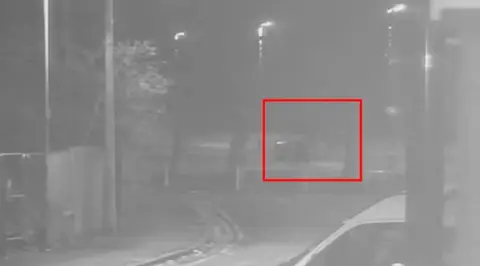 West Midlands Police
West Midlands PoliceTrials involving very young children often lead to intense debate about whether there are societal lessons to be learned.
It happened in 1968 when Mary Bell was convicted of the manslaughter of two children, aged four and three – the first on the day before she turned 11, and the second a few weeks later.
It happened again after Robert Thompson and Jon Venables, both aged 10, murdered two-year-old James Bulger in 1993.
This case begs the question – how did a 12-year-old boy get hold of a machete? It’s not clear, but police think it may have been bought online.
It bears striking similarities to Ronan Kanda’s murder, which happened about two-and-a-half miles away just 18 months earlier. He was attacked by two 17-year-olds outside his home with a machete in a case of mistaken identity.
His killers had also bought that weapon online.
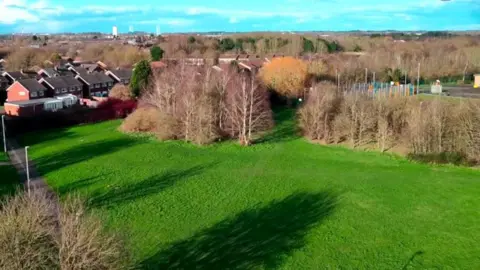 West Midlands Police
West Midlands PoliceWeapons like those used in both murders are legally available to buy online to over-18s, although it is illegal to carry them without “good reason”.
The government had announced plans to tighten the law, but it is not clear now what will happen after the general election.
“We have to block all avenues and not allow these weapons to be so easily accessible,” Ronan Kanda’s sister, Nikita, said.
“The government definitely needs to do more. They need to act fast because too many lives are being lost now.”
Her brother’s murderers managed to bypass rules that prevent under-18s buying such weapons, and the boy who bought the machete used to kill Shawn Seesahai said he bought it for £40 from a “friend of a friend”.
Questions remain about whether weapons like machetes ought to be allowed for sale in this country, as do fears that very young children can get their hands on them, and are not afraid to use them.
Additional reporting by Anne Delaney, Senior Producer, Midlands
Follow BBC Wolverhampton & Black Country on Facebook, X and Instagram. Send your story ideas to: newsonline.westmidlands@bbc.co.uk




